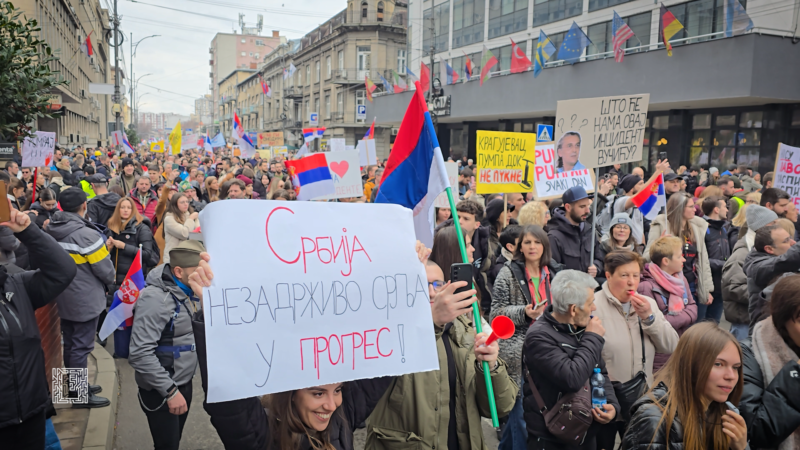Interviews with the UN High Representative for Gaza, Jamie McGoldrick, and the Red Cross Representative in Raffah, Hisham Mhana
The situation of civilians in Gaza is more than alarming. Journalists are not allowed to enter the Belt, so only the locals who are often without electricity and internet and the humanitarians who stay there to help, can give us some kind of picture and accurate information about what is happening there.
The United Nations Humanitarian Coordinator for Palestine, Jamie McGoldrick told us in the condition of the babies in the hospital in Gaza and the efforts they are making to provide new routes for the humanitarian cordons, as well as the efforts to build pipelines to completely solve the problem of lack of
water.
In Labyrinth we also include the representative of the Red Cross from Rafah, Southern Gaza, Hisham
Mhana with whom we spoke about their humanitarian actions inside Gaza, about the attempts to reunite evacuated children with their parents and the conditions in which more than a million people live at the moment.
You Might also like
-
France is dealing with the new political situation – Serbia is on its feet after the terrible accident in Novi Sad
Analysis of the situation in France and Georgia after the elections and testimony from the protests in Serbia
After the elections in France, a new momentum took place in French politics. The coalition is on glass legs, and new elections are possible only after a year - explains in Labyrinth, the political advisor from the ranks of Macron's party, Mathias Vasquez. Vasquez was also part of the observation mission of the elections in Georgia and gives us more detailed information about the irregularities in the implementation of the elections, which resulted in mass protests.
The young director Leonid Velkovski, who is currently studying in Novi Sad, is also a guest in Labyrinth, and he conveys to us the atmosphere of the mass protests that took place there after the terrible accident at the railway station in which 14 people died.
Watch the full episode.
Post Views: 803 -
Analysis of the first 100 days of Trump's rule - How to achieve fair elections in Serbia
Reporting by Jalyssa Dugrot from the USA and an interview with the leader of the New Democratic Party, Miloš Jovanović.
It's been 100 days since Trump took office, and he's already facing protests across America. Increased tariffs on a wide range of countries, controversial immigration policies and an inability to end the war in Ukraine are some of the policies that have marked the first 100 days of Trump's presidency. Tariffs on neighboring Canada have brought down Trudeau's government, and Canadians have elected former Federal Reserve Governor Mark Carney as their new prime minister to deal with the economic crisis. We talk to Florida-based reporter Jalyssa Dugrot about these topics.
In this episode, we also share an interview with the leader of the New Democratic Party of Serbia, Miloš Jovanović, which we conducted at the protests in Niš. Jovanović is also a member of the Serbian Parliament and a supporter of the protests. We discussed the current situation in Serbia, possible solutions for how to achieve fair elections, and potential coalitions in the next election cycle.
Watch the full show.
Post Views: 888 -
The Student Edict Brings All of Serbia to Niš
Report from the Great March 1st Rally – Part Two
The city of Niš has never been louder. Literally all the streets were filled with people who came from all over Serbia to support the students who are demanding justice for the terrible accident that took 15 lives. After a five-day walk, the students had the strength to stand on the streets of Niš for 18 hours. Citizens joined them because, as they say, the students' demands are the demands of the people. The atmosphere was very emotional, and hugs were a common sight in the streets. The students had a cultural program, sports and social activities, and in the main part they read the student edict, followed by a musical program. The city was full until midnight and then cleaned up by the students and citizens who voluntarily stayed to help them.
Watch the full report.
Post Views: 853





